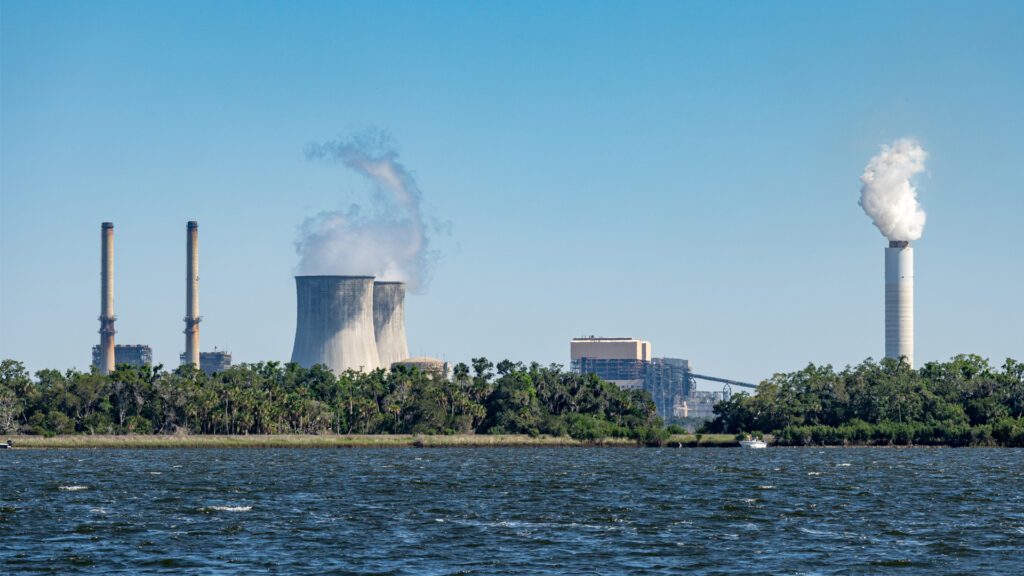By Steve Wilson, The Center Square
(The Center Square) – According to a recent report by the American Legislative Exchange Council, Florida’s energy affordability was ranked only 37th best, the worst among Southeastern states due to its overdependence on one fuel type and numerous weather-related outages.
The fourth annual report, “Energy Affordability,” compared the states on their electricity costs, measured in cents per kilowatt-hours using 2023 data from the U.S. Energy Information Administration that include the residential, commercial and transportation sectors.
According to the report, Florida ranks near the bottom nationally with an average price of 12.51 cents per kilowatt-hour because of an overdependence on natural gas. Seventy five percent of the state’s electrical generation capacity comes from natural gas, followed by 12% from nuclear power, 6% from coal, 4% from solar and 1% listed as other.
“Three quarters of the state’s electricity was generated using natural gas, leaving ratepayers on the hook for increased utility bills when the cost of natural gas rose due to international instability,” the report said.
The state was also dinged for having numerous power outages, with 13 reported due to hurricanes.
The report was also critical of the state’s net metering policy, which requires utilities to pay for the initial cost of connecting individual solar systems to the grid. The report says forces residents to subsidize their neighbor’s solar energy generation.

Florida has only two nuclear power plants – the St. Lucie Nuclear Plant in Jensen Beach and the Turkey Point Nuclear Generating Station near Homestead – that are operational and generating power.
A third plant in Crystal River was decommissioned in 2013 because cracks were found in 2009 in a concrete containment building and repairs only made things worse. The demolition of the Duke Energy plant, which had a 2.6 megawatt generation capacity, is supposed to be finished by 2026.
The Florida Public Service Commission conducted a workshop in September on the possibility of building new nuclear plants after Gov. Ron DeSantis signed into law a bill asking the commission to examine the possibilities in 2024.
Regionally, Mississippi had the best ranking at 17th (10.36 cents per kilowatt-hour), Louisiana was 18th (10.41 cents per kWh), South Carolina was 22nd (10.74 cents per kWh), Tennessee was 24th (10.89 cents per kWh), Alabama was 28th (11.59 cents per kWh) and Georgia was 35th (12 cents per kWh).
Wyoming had the lowest electricity prices at an average price of 8.24 cents per kilowatt hour, while California had the highest cost at 22.33 cents per kWH in the continental U.S.
This piece was originally published at https://www.thecentersquare.com/florida/article_346d6ed1-1775-4967-a0ea-edde1ff7a4e7.html. Banner photo: An aerial view of natural gas power plant in Florida (iStock image).
Sign up for The Invading Sea newsletter by visiting here. To support The Invading Sea, click here to make a donation. If you are interested in submitting an opinion piece to The Invading Sea, email Editor Nathan Crabbe at ncrabbe@fau.edu.



